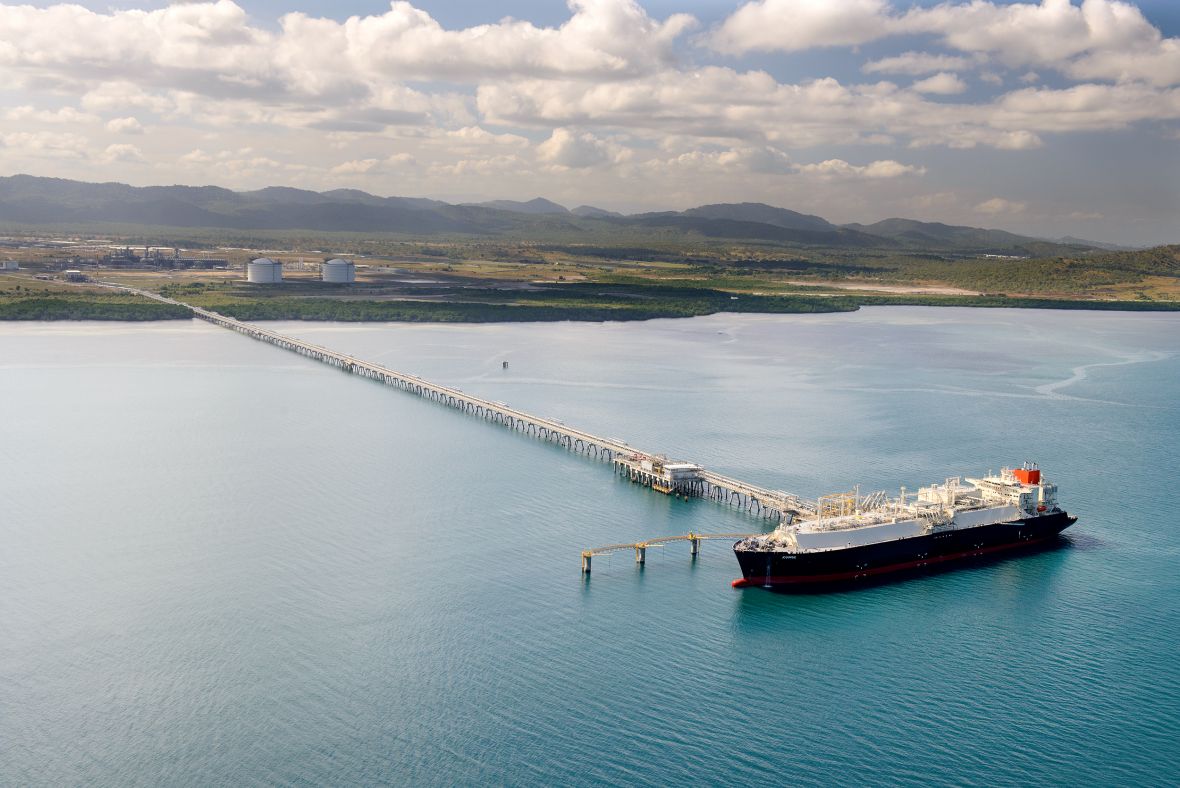
Papua New Guinea-based company Oil Search has secured approval from its shareholders for its planned merger with the Australian oil and gas company Santos.
Oil Search have announced that the deal was approved by the majority of Oil Search shareholders at the scheme meeting. Approximately 95.07% of the shareholders voted in favour of the deal.
How well do you really know your competitors?
Access the most comprehensive Company Profiles on the market, powered by GlobalData. Save hours of research. Gain competitive edge.

Thank you!
Your download email will arrive shortly
Not ready to buy yet? Download a free sample
We are confident about the unique quality of our Company Profiles. However, we want you to make the most beneficial decision for your business, so we offer a free sample that you can download by submitting the below form
By GlobalDataIn September this year, Santos and Oil Search agreed to a $6bn (A$8bn) merger that will create one of the largest regional oil and gas companies.
Under the arrangement, Santos will buy all Oil Search shares and will issue new Santos shares to current Oil Search shareholders.
Oil Search shareholders will hold a 38.5% stake in the merged entity, while Santos shareholders will own the remaining 61.5%.
At the time of the announcement, Oil Search chairman Rick Lee said: “Put simply, this merger provides Oil Search shareholders with a compelling opportunity to participate in a larger entity with significant scale, product mix, ESG and geographic diversity, and access to capital.
“The combined entity will have the capacity to deliver on an exciting pipeline of organic growth opportunities.”
Last month, the deal was approved by a Papua New Guinea court, reported Reuters.
It still requires approval from Papua New Guinea’s National Court of Justice, as well as the competition watchdog of the country.
The combination can become legally effective if the court approves the scheme later this week.






